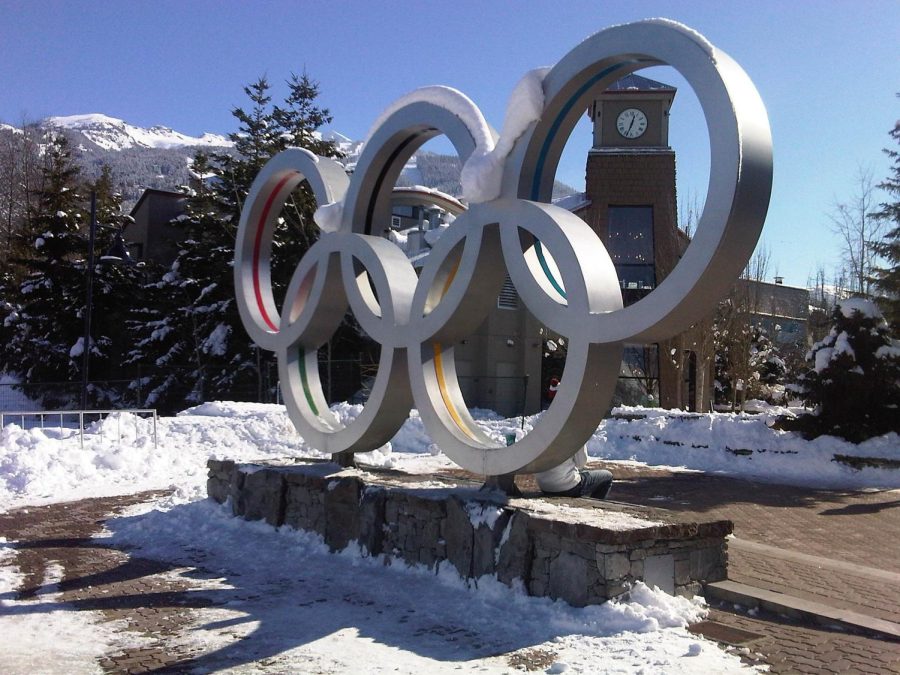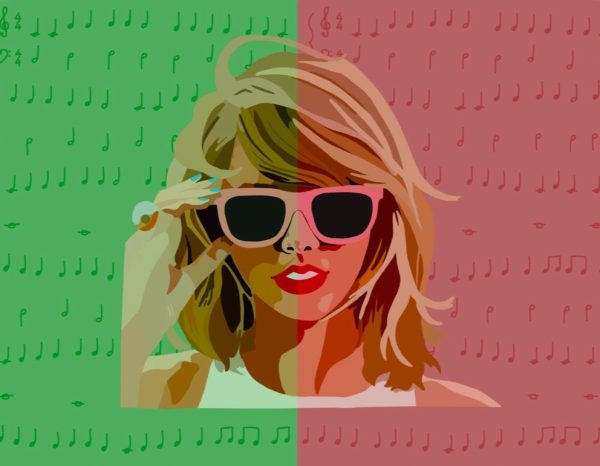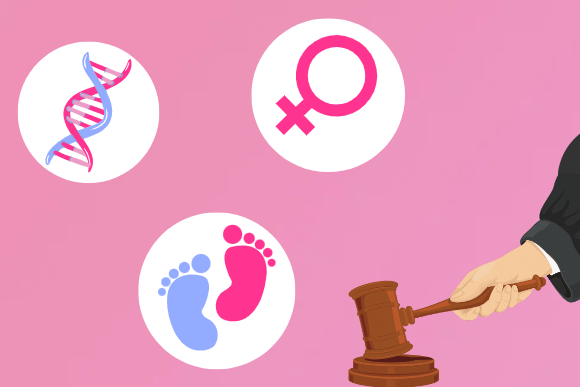Russia’s Doping Scandal in the Olympics Needs to be Regulated
For years Russian figure skating coach Eteri Tutberidze has trained some of the best and youngest figure skaters the world has ever seen. She has trained many gold-medalists such as Yulia Lipnitskaya, Alina Zagitova, and Evgenia Medvedeva. Many young skaters under her guidance have been under scrutiny for doping scandals. They often peak at around 16-years-old and retire before hitting 20. For example, figure skater Elizabet Tursynbaeva, another award-winning skater under Tutberidze, was forced to retire at 19 due to back pain caused by intense pressure and stress, having only been skating for fifteen years. Compared to figure skaters in the U.S., whose average age in the Olympics is about 22-years-old, these Russian athletes only average at 15 or 16, the minimum age required to participate in the games. Not only does this conflict with child labor laws, but it also brings up the question: is Russia purposely using children so they can bypass the rules? Officials believe Russia has been doping their athletes since 2014, and many believe it’s gone on longer than what’s been documented. The most recent case is that of Kamila Valieva, who tested positive for trimetazidine, a medicine that helps older people maintain stamina and keep their hearts working.
Doping was why Russia was initially banned from the 2018 Olympics after a whistleblower revealed Russia’s deep-state doping program. Officials chose to allow Russia to continue participating as long as they followed strict rules. They would have to compete under the neutral name ‘Russia Olympic Committee’ and use a neutral flag, meaning they technically could not win medals under Russia’s name until the next Olympic games. Many people disagreed with Russia still being allowed to participate in the games under a different name, but nevertheless, the Olympic Committee has still allowed their involvement in the Olympics since their original ruling.
To continue allowing Russia to participate in the games is blatant hypocrisy. In the 2020 Summer Olympics, American competitor Sha’Carri Richardson was forced to miss her races for 30 days after using marijuana the week before her event due to her mother’s death at the same time. She had an opportunity to compete in a small relay after the 30 days were up but could not compete in any races she was favored to win gold in. In response to Valieva’s drug scandal, she tweeted, outraged, and wanted to know the difference between her drug use, which would not have conflicted with her event, with the figure skaters’ use of her drugs during her event, stating the only difference was she was a young black woman.
Even while the Olympic committee has outright banned performance-enhancing drugs, Valieva managed to bypass the rule because her age prevented her from being legally punished. Because of this, The Court of Arbitration for Sports (CAS) ruled in Valieva’s favor, allowing her to return to the games for her performance on Monday, February 14. Fellow Olympic skaters and the Russian Olympic Committee have refused to comment on her actions, along with Valieva herself. Many viewers and commentators are split on whether or not she should be punished, with some arguing that 15 is old enough to know what she was doing, even if she claimed the event was an accident. In contrast, others argued about how she was under the age limit and was considered a ‘protected person’ by CAS. With Russia’s use of underaged athletes, many believed it was intentional to use dope on an underage girl to avoid punishment, but we can also see they tend to younger-aged athletes, and it may be time to lower the age range on the law. It may be difficult to implement due to the argument of her age, with her not being fully developed and still having the mind of a child. As 15 is the minimum age of an Olympic athlete, it only makes sense to either raise the minimum age or eliminate the idea of protected persons. While 15 is certainly still a child, it is more than old enough to know right from wrong, and Russia does not deserve to take gold medals after doping their young athletes. As of now, the Olympic committee is not allowing Valieva to collect her medals until the investigation reaches a verdict, which will unfortunately take time. While Valieva may know the difference between right and wrong, the blame here mainly falls on her coach. Previous skaters under Tutberidze have also been in the middle of large scandals for years, the main reason Russia is not able to compete under the Russian flag. Tutberidze should not be allowed to continue competing as a coach in the Olympics because of the damage she has done to athletes under her guidance. She is a clear danger to these children, many of whom ended up with eating disorders and injuries under the age of 20, all of whom have retired extremely young.
Even given countless chances, Russia still cheats on their events. While extending the ban on competing in the Olympics is unfair for Russian athletes, there needs to be some sort of change. Banning Tutberidze would be a good start for both the athletes and the Olympics, as well as keeping a close eye on Russian athletes and doing more frequent blood tests. Many may still believe Russia should be outright banned from the Olympics, but there are better ways to make sure they play fair while also giving their athletes a chance to show off to the world and not be punished for the actions of others.







